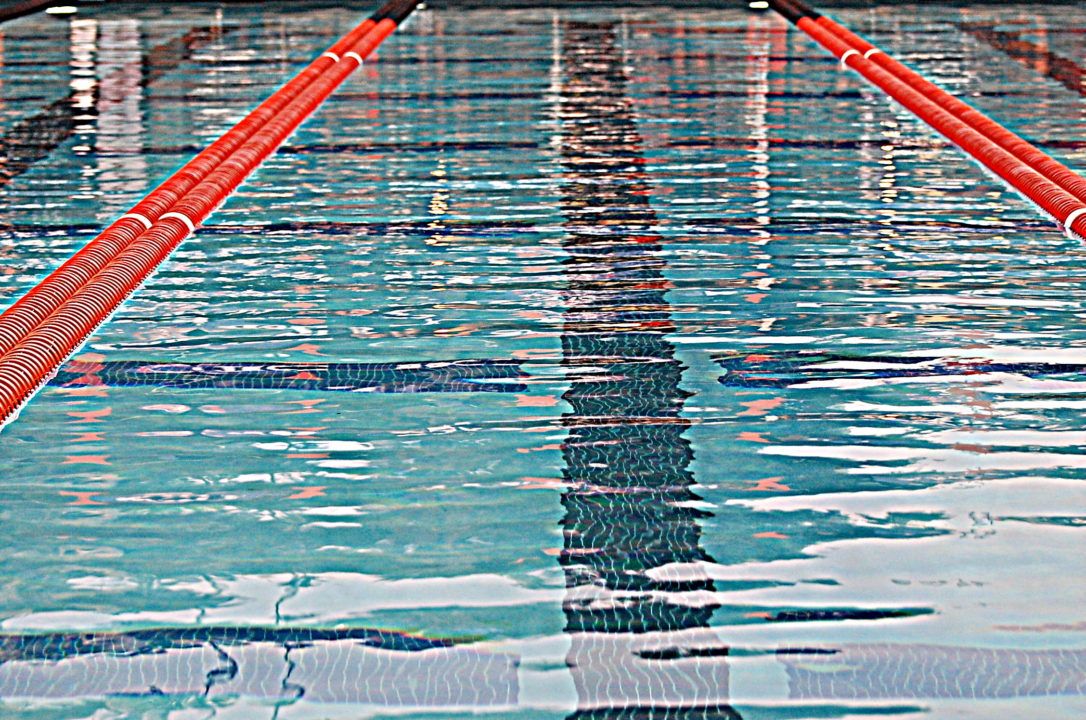2016 RIO PARALYMPIC GAMES
- Wednesday, September 7 – Sunday, September 18, 2016
- Swimming: Thursday, September 8 – Saturday, September 17, 2016
- Olympic Aquatics Stadium, Rio de Janeiro, Brazil
- Prelims 9:30 AM / Finals 5:30 PM (local time)
- IPC World Records
- Live stream links: NBC / IPC
- Schedule/Results
Ukraine’s Denis Dubrov won his 4th medal and 1st gold of the 2016 Rio Paralympics, breaking the world record in the men’s SM10 200 IM to tie for the overall medal lead in Rio.
Dubrov went 2:06.87 in that 200 IM, leading a 1-2-3 punch for Ukraine. That smashed his old record of 2:08.71 set back in May. His teammates Maksym Krypak (2:08.10) and Dmytro Vanzenko (2:10.48) took silver and bronze, with Krypak also under the old world record.
Brazil’s Daniel Dias also won his fourth overall medal, though his Sunday night was a bit quieter. Dias went 1:36.13 for second in the men’s 100 breast SB4 – that’s his second silver, which means he technically has the edge over Dubrov with 1 gold, 2 silvers and a bronze compared to Dubrov’s 1 gold, 1 silver and 2 bronze.
China’s Li Junsheng won that SB4 100 breast in 1:35.96, though both were well off of Dias’ world record of 1:32.27 from London.
3 more world records fell on Sunday.
New Zealand’s Sophie Pascoe won the women’s 200 IM SM10 in 2:24.90, taking seven tenths off her own world record and winning by a whopping 5.1 seconds. That’s the second gold for Pascoe, ranking her second among all Paralympians in Rio in total golds.
Fotimakhon Amilova won the women’s 100 breast SB13, going 1:12.45 to establish a new world record. The old mark was 1:15.96 set earlier this year by Great Britain’s Rebecca Redfern. Redfern was also under the old record, taking silver in 1:13.81.
The final world mark came in the final event of the night, the men’s 200 free S2. In true big-meet fashion, the biggest fireworks were saved for this last race.
China’s Liu Benying went 3:41.54 to absolutely obliterate the old world record. Prior to Rio, the world record was 4:12.76. China’s Zou Liankang hacked 23 seconds off the mark with a 3:49.37 prelims swim, then Liu took it down almost 8 more seconds in the final as Zou went 3:42.58 for second. The top three were all well under the world record in the final, with Ukrainian Serhii Palamarchuk going 3:43.69 for bronze. China’s Yang Yang missed the medals entirely in fourth while swimming a time (4:11.20) that would have broken the world record 24 hours ago.
In addition, Zou’s 50 split broke the world record in that individual event, and Liu’s 100 split broke the world record in that event, meaning China’s duo broke 3 world records by huge margins within the same race.
The S8 class, which has inspired lots of criticism of the classification system of late, saw the former world record-holder, Jessica Long, miss the medals entirely. Australia’s Maddison Elliott and Lakeisha Patterson went 1-2, with Elliott breaking her own world record in 1:04.73. Elliott first broke the record in 2014, wiping away the former record, held by Long. Great Britain’s Stephanie Millward was third in 1:05.16 with Long going 1:05.72 for fourth.
One more notable finish: the men’s 100 breast SB13 saw a tie for gold, with Ukraine’s Oleksii Fedyna and Uzbekistan’s Firdavsbek Musabekov sharing the top medal in 1:04.94.
